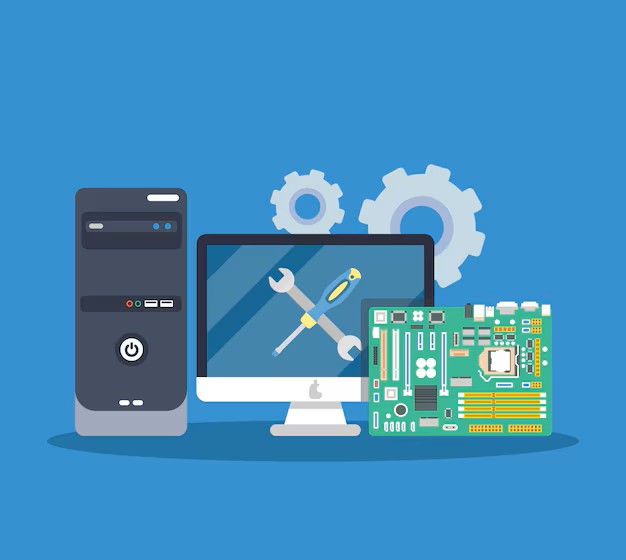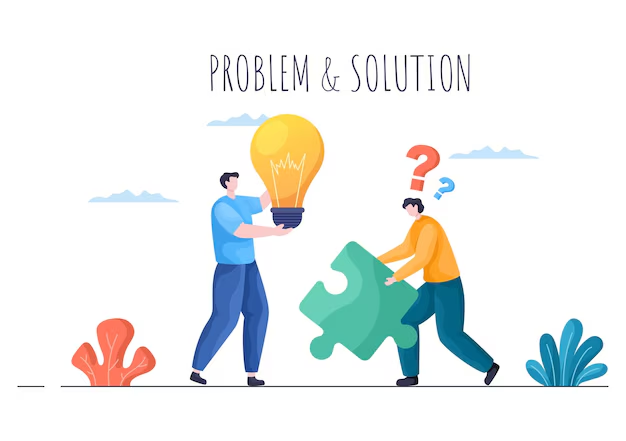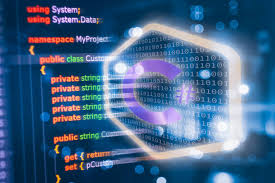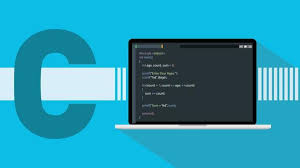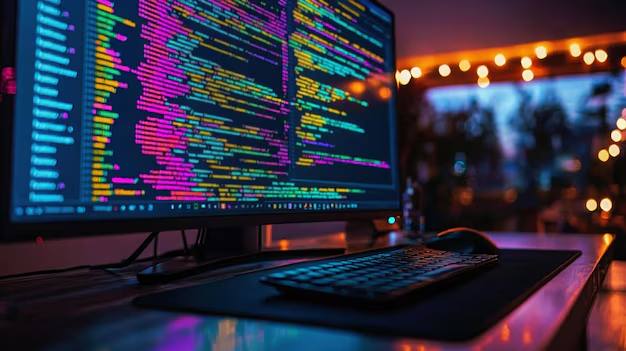About the course
In this course, you will develop a complete program on particle fire explosion, which involves uses of graphics libraries along with fundamental and advanced concepts of C++ programming. This course covers the fundamental concepts of C++ programming including working with operators, functions, loops etc. Advanced concepts like object-oriented programming are also covered in this course, which includes working with classes and objects, using Inheritance and encapsulation etc. In addition to this, the course covers the use of SDL, which is a graphics library, and a vital part in the development of a game or a GUI application. The comprehensive use of SDL has been demonstrated to produce an incredible program on particle fire explosion.
Learning Outcomes
After completing this course, you will be able to:
- Understand the syntax and semantics of the C++ programming language.
- Write inline functions for efficiency and performance.
- Create C++ classes for code reuse.
- Implement copy constructors and class member functions.
- Understand the concept of data abstraction and encapsulation.
- Learn how to overload functions and operators in C++.
- Learn how inheritance and virtual functions implement dynamic binding with polymorphism.
- Design and implement generic classes with C++ templates.
- Learn how to Implement SDL graphic libraries to develop a GUI based programs.
- Boost your hireability through innovative and independent learning.
- Get a certificate on successful completion of the course.
Target Audience
The course can be taken by:
Students: All students who are pursuing professional graduate/post-graduate courses related to computer science or Information Technology.
Teachers/Faculties: All computer science and engineering teachers/faculties.
Professionals: All IT professionals from software programming domain.
Why learn Basic Computer Engineering?
C++ is one of the most useful and complex programming languages with a huge area of application in the IT/Software industry. C++ overrides the complexities of 3D games, optimizes resource management and facilitates multiplayer with networking. Many highly used applications, such as Image Ready, Adobe Premiere, Photoshop, and Illustrator, are scripted in C++. Prospects are bright for candidates with knowledge of programming languages like C++. Demand for professionals with a deep knowledge of object-oriented programming using C++ arrays, and C++ structures, and C++ objects is very high. C++ for gaming projects is very popular. So anybody familiar with C++ programming can make a career as a gaming professional.
Course Features
- 24X7 Access: You can view lectures as per your own convenience.
- Online lectures: 16 hours of online lectures with high-quality videos.
- Updated Quality content: Content is latest and gets updated regularly to meet the current industry demands.
Test & Evaluation
Each lecture will have a quiz containing a set of multiple choice questions. Apart from that, there will be a final test based on multiple choice questions.
Your evaluation will include the overall scores achieved in each lecture quiz and the final test.
Certification
Certification requires you to complete all the lectures, quizzes, and the final test. Your certificate will be generated online after successful completion of course.
Topics to be covered
UNIT I
Computer:Definition, Classification, Organization i.e. CPU, register, Bus architecture, Instruction set, Memory & Storage Systems, I/O Devices, and System & Application Software. Computer Application in eBusiness, Bio-Informatics, health Care, Remote Sensing & GIS, Meteorology and Climatology, Computer Gaming, Multimedia and Animation etc.
Operating System: Definition, Function, Types, Management of File, Process & Memory. Introdcution to MS word, MS powerpoint, MS Exce
Hard Copy Devices:- Impact and Non- Impact Printers- Daisy Wheel, Dot Matrix, Line Printer, Chain Printer. Non Impact Printers- DeskJet, Laser Printer, Virus : General introduction of virus and anti-virus.
UNIT II
Introduction to Algorithms, Complexities and Flowchart, Introduction to Programming, Categories of Programming Languages, Program Design, Programming Paradigms, Characteristics or Concepts of OOP, Procedure Oriented Programming VS object oriented Programming. Introduction to C++: Character Set, Tokens, Precedence and Associativity, Program Structure, Data Types, Variables, Operators, Expressions, Statements and control structures, I/O operations, Array, Functions,
UNIT III
Object & Classes, Scope Resolution Operator, Constructors & Destructors, Friend Functions, Inheritance, Polymorphism, Overloading Functions & Operators, Types of Inheritance, Virtual functions. Introduction to Data Structures.
UNIT IV
Computer Networking:Introduction, Goals, ISO-OSI Model, Functions of Different Layers. Internetworking Concepts, Devices, TCP/IP Model. Introduction to Internet, World Wide Web, E-commerce
Computer Security Basics: Introduction to viruses, worms, malware, Trojans, Spyware and Anti-Spyware Software, Different types of attacks like Money Laundering, Information Theft, Cyber Pornography, Email spoofing, Denial of Service (DoS), Cyber Stalking, ,Logic bombs, Hacking Spamming, Cyber Defamation, pharming Security measures Firewall, Computer Ethics & Good Practices, Introduction of Cyber Laws about Internet Fraud, Good Computer Security Habits,
UNIT V
Data base Management System: : Introduction, File oriented approach and Database approach, Data Models, Architecture of Database System, Data independence, Data dictionary, DBA, Primary Key, Data definition language and Manipulation Languages
Cloud computing: definition, cloud infrastructure, cloud segments or service delivery models (IaaS, PaaS and SaaS), cloud deployment models/ types of cloud (public, private, community and hybrid clouds), Pros and Cons of cloud computing

